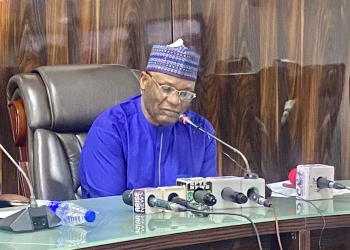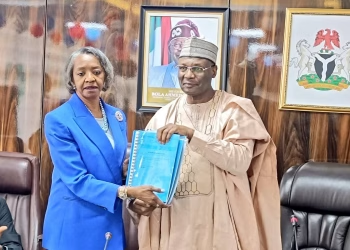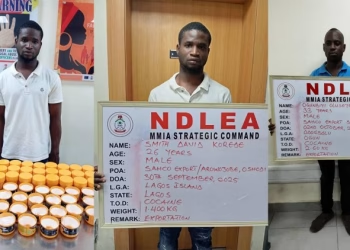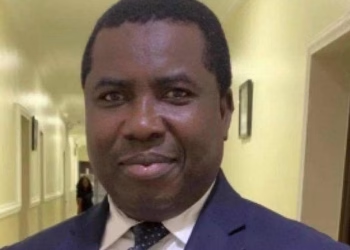By François M’BRA II
Impunity, the sense of invulnerability that perpetrators of crimes enjoy, has long plagued societies around the world. From corruption and human rights abuses to organized crime and political oppression, impunity breeds a culture of injustice, erodes trust in institutions, and undermines the very foundations of a just and equitable society. To combat this menace, we need a powerful tool that not only exposes the problems but also offers tangible solutions. This is where solution journalism comes into play, armed with the potential to confront impunity head-on and pave the way for a brighter future.
Defining Solution Journalism
Solution journalism is a form of reporting that goes beyond traditional news narratives by focusing on uncovering and analyzing effective responses to societal challenges. It aims to provide a balanced perspective that not only highlights the problems but also sheds light on successful initiatives, innovative approaches, and best practices that have the potential to bring about positive change. By focusing on solutions, this form of journalism empowers communities, inspires action, and holds the promise of eradicating impunity.
Shifting the Narrative
Traditional journalism has often been criticized for its preoccupation with negative news, sensationalism, and a relentless focus on problems without adequately exploring potential solutions. Solution journalism presents a paradigm shift, promoting a more constructive and proactive approach to reporting. By showcasing individuals, organizations, and communities that are successfully combating impunity, solution journalism reframes the narrative, instilling hope, and encouraging collective action.
Inspiring Accountability
One of the core strengths of solution journalism lies in its ability to foster accountability. By highlighting successful interventions, it not only acknowledges the work of those who are striving to bring about positive change but also sets benchmarks for others to follow. This form of reporting empowers citizens, civil society organizations, and policymakers to demand greater accountability from institutions and individuals responsible for upholding justice. It creates a ripple effect, putting pressure on authorities, and making it harder for impunity to thrive.
Building Bridges and Collaboration
Another crucial aspect of solution journalism is its potential to build bridges between different stakeholders. It encourages collaboration between governments, civil society organizations, and communities, fostering a sense of shared responsibility in the fight against impunity. By showcasing successful initiatives and highlighting the role of different actors, solution journalism facilitates knowledge sharing, the exchange of best practices, and the replication of successful models in other contexts.
Promoting Systemic Change
Eradicating impunity requires addressing the root causes and systemic issues that enable it to flourish. Solution journalism delves deep into the underlying factors contributing to impunity, such as weak institutions, corruption, and lack of transparency. By shedding light on these systemic challenges and presenting viable solutions, it helps generate public discourse, mobilize public opinion, and push for comprehensive reforms. Through its focus on systemic change, solution journalism has the potential to lay the foundation for long-term transformation.
As societies grapple with the persistent problem of impunity, solution journalism emerges as a powerful tool for change. By shifting the narrative, inspiring accountability, fostering collaboration, and promoting systemic change, it holds the potential to break the cycle of injustice and create a world where impunity is no longer tolerated. Journalists, media organizations, and society at large must recognize the immense value of solution journalism and embrace it as a vital approach to constructively address the challenges we face. It is through this concerted effort that we can pave the way for a future free from impunity, where justice and fairness prevail
*François M’BRA II, Journalist, Infocentrale, Côte d’Ivoire











